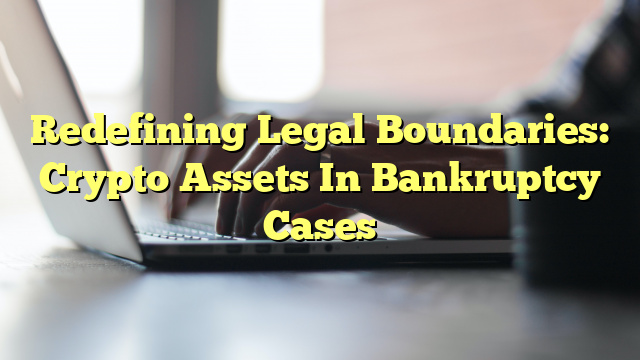Table of Contents
Is crypto protected from bankruptcy?
In the world of bankruptcy cases, the treatment of crypto assets is a complex and evolving area of law. While bankruptcy laws vary by jurisdiction, there is a general consensus that crypto assets are not exempt from the reach of bankruptcy proceedings. This means that if an individual or entity holding crypto assets files for bankruptcy, those assets may be subject to liquidation or distribution to creditors.
What happens if a cryptocurrency exchange files for bankruptcy?
If a cryptocurrency exchange files for bankruptcy, the fate of the users’ assets held on the exchange can be uncertain. In some cases, the exchange may continue to operate under the supervision of a trustee appointed by the bankruptcy court. The trustee may work to return the assets to the users or facilitate their distribution. However, there have been instances where users have lost their assets due to mismanagement or fraud by the exchange.
Are custodially held crypto assets considered property of a bankruptcy estate?
The treatment of custodially held crypto assets in bankruptcy cases is still a subject of debate. In some jurisdictions, custodially held crypto assets may be considered property of a bankruptcy estate, while in others, they may be treated as separate from the estate. The determination often depends on the specific facts and circumstances of each case, as well as the applicable bankruptcy laws in the jurisdiction.
Which crypto companies have filed for bankruptcies?
Several crypto companies have filed for bankruptcies in recent years. Some notable examples include:
- 1. Mt. Gox: Once the largest Bitcoin exchange, Mt. Gox filed for bankruptcy in 2014 after losing hundreds of thousands of Bitcoins due to hacking and mismanagement.
- 2. QuadrigaCX: In 2019, QuadrigaCX, a Canadian cryptocurrency exchange, filed for bankruptcy after its founder and CEO died, leaving the exchange unable to access its cold wallets, where the majority of customer funds were stored.
- 3. Cryptopia: New Zealand-based Cryptopia filed for bankruptcy in 2019 after suffering a major hack, resulting in significant losses for its users.
These cases highlight the risks and challenges associated with the intersection of crypto assets and bankruptcy proceedings.

